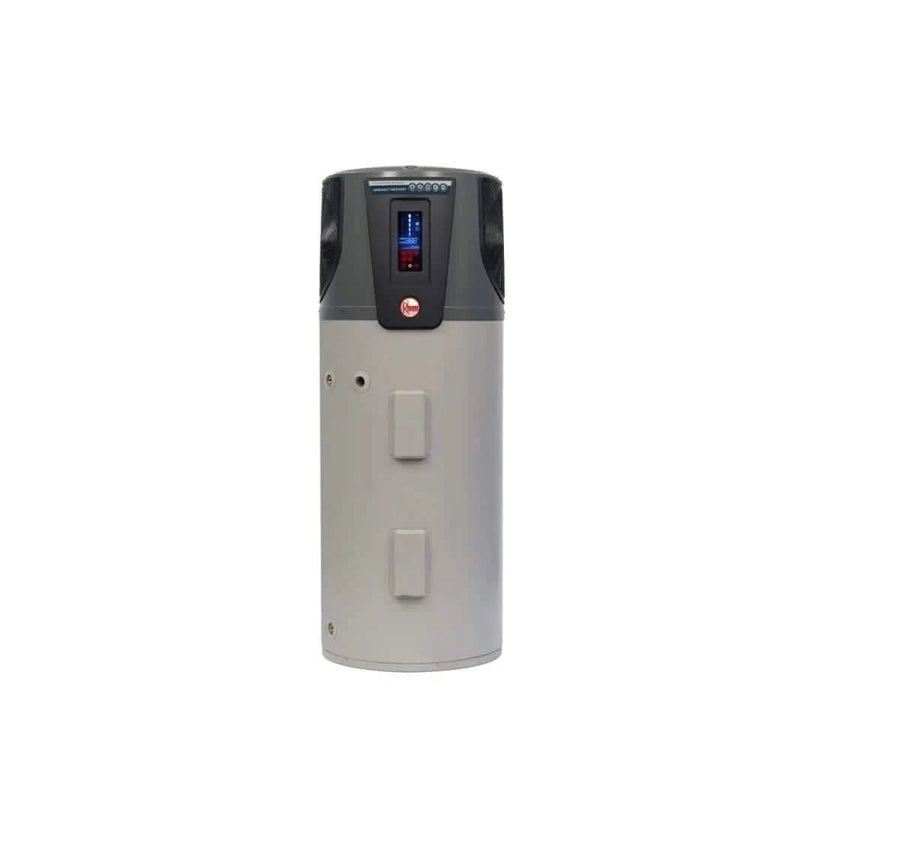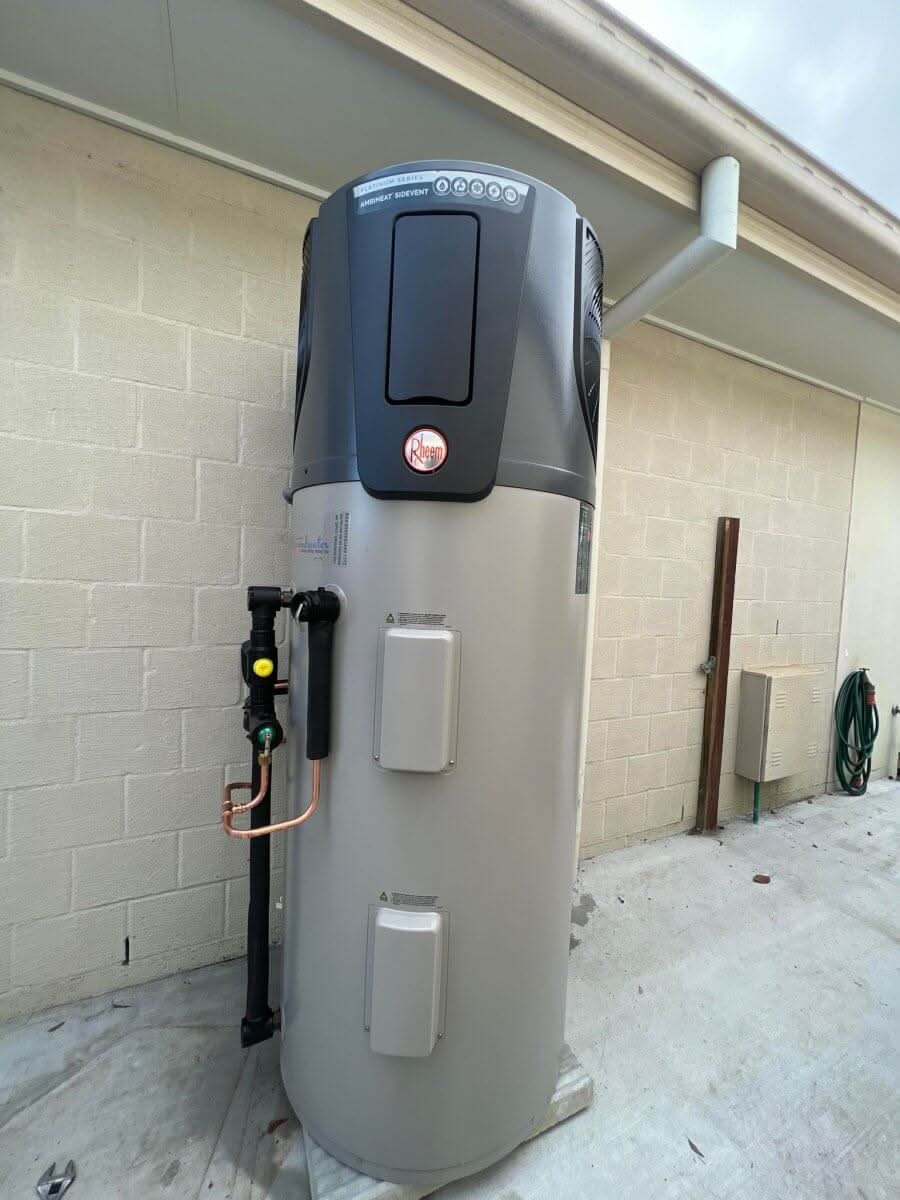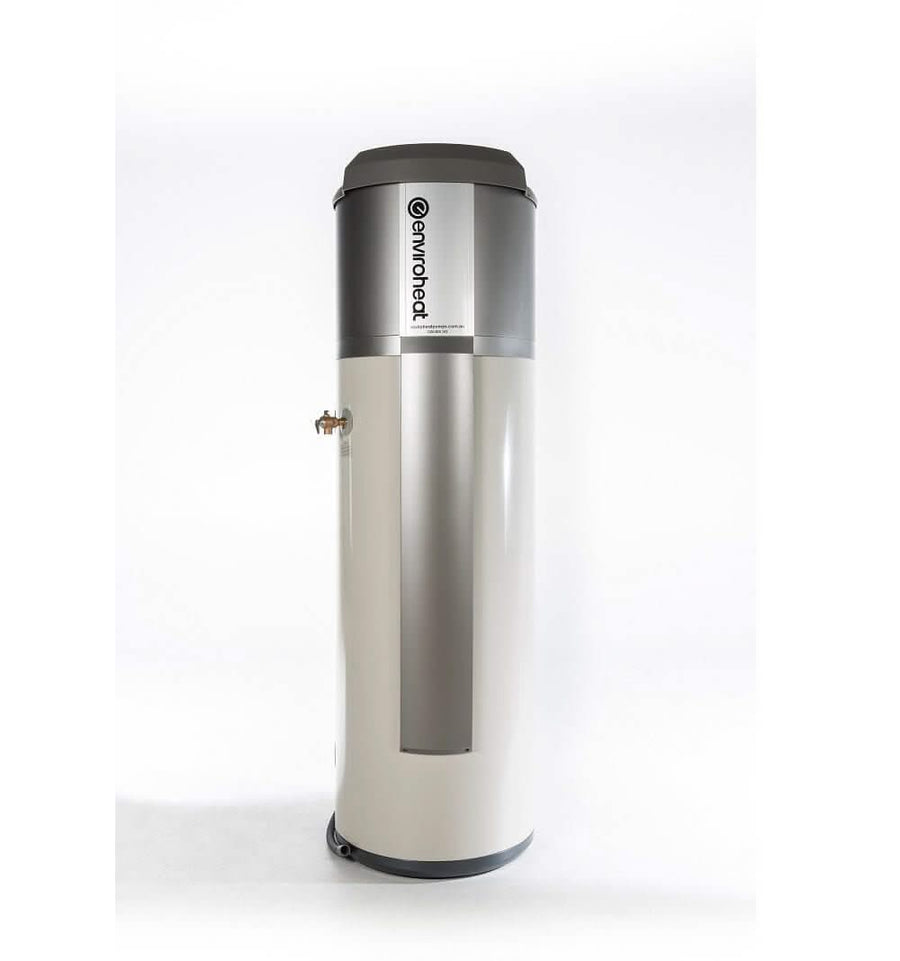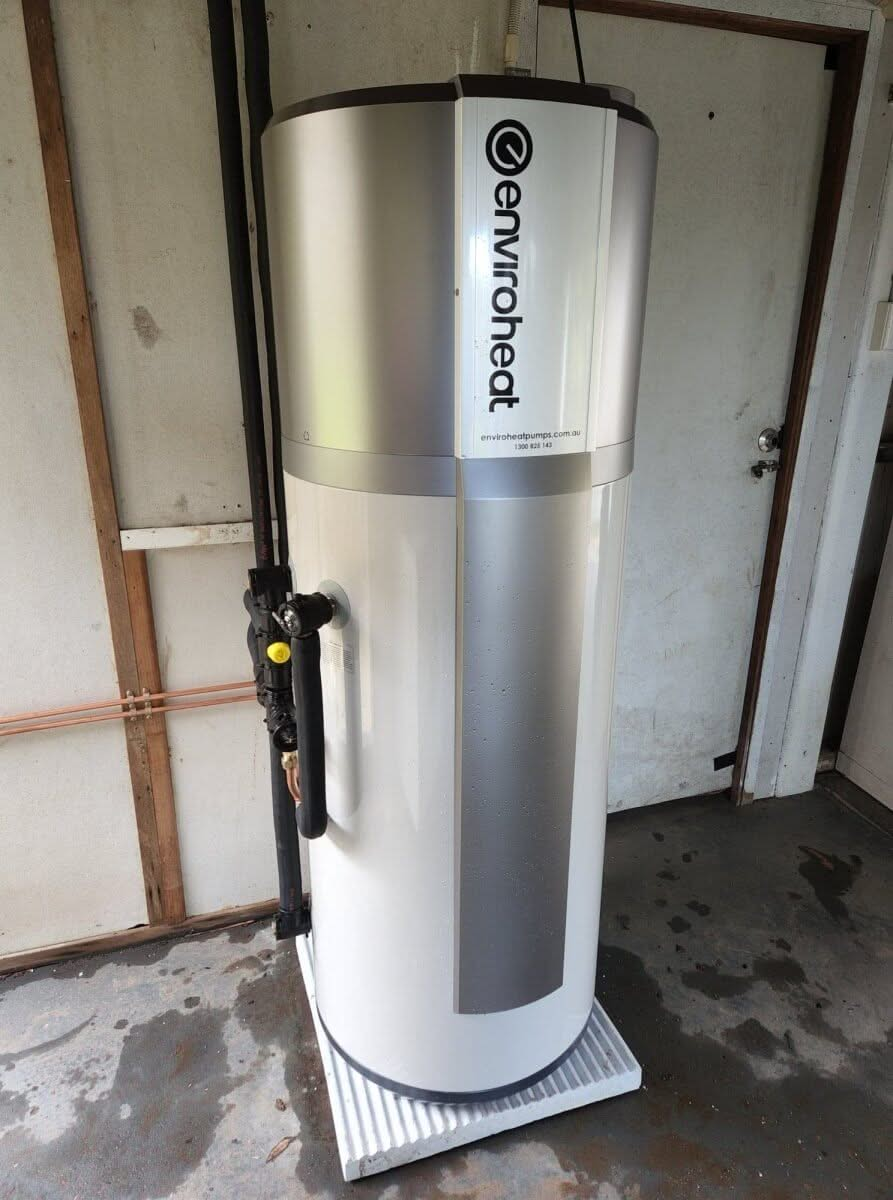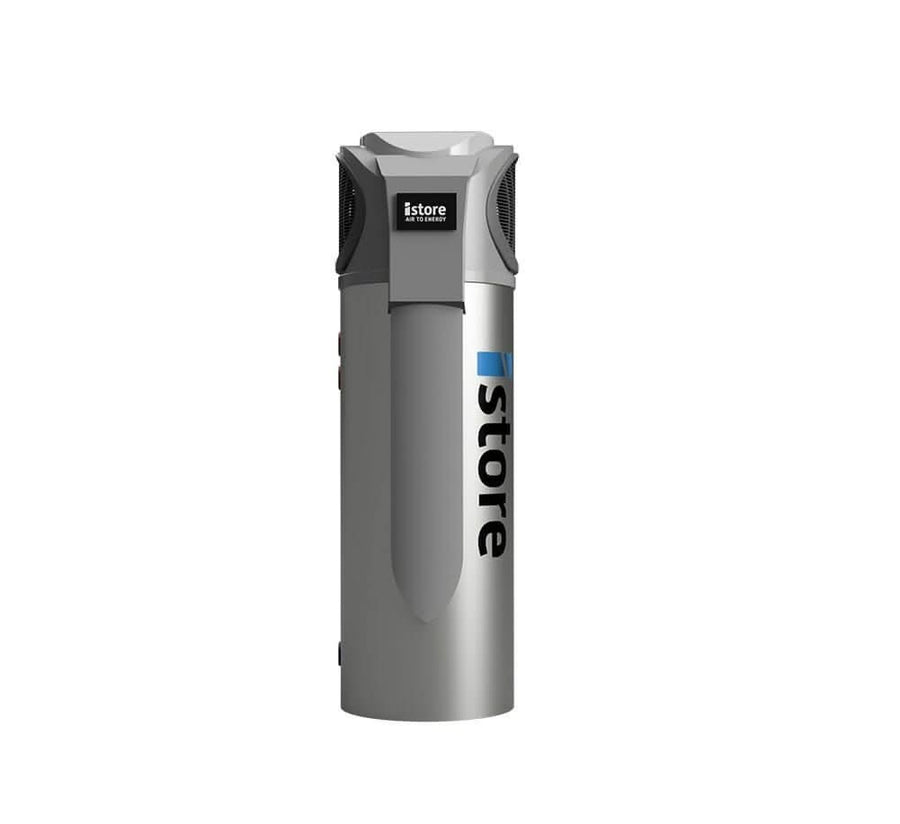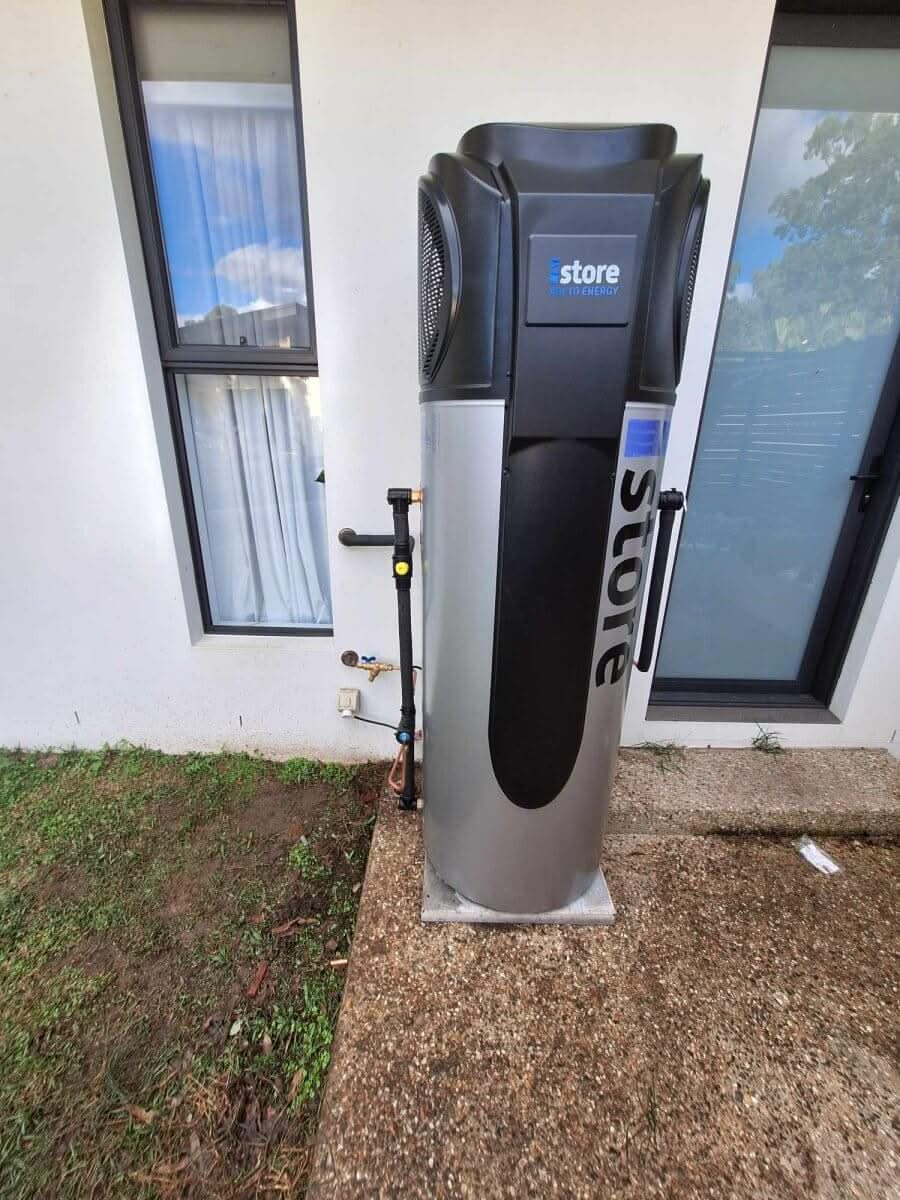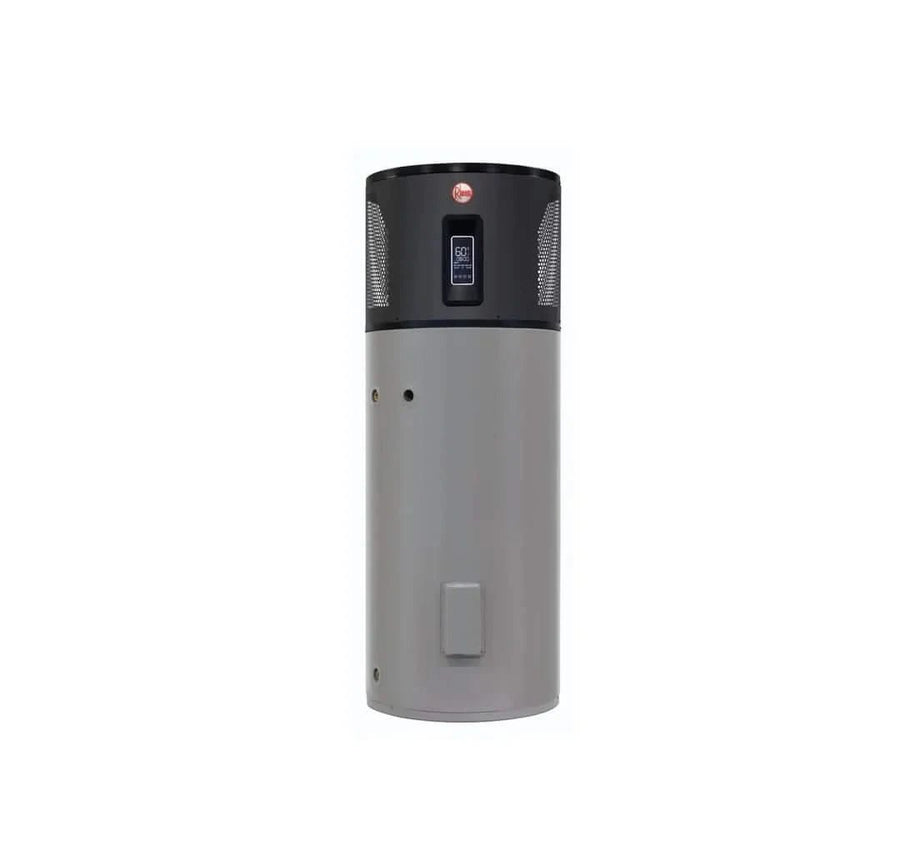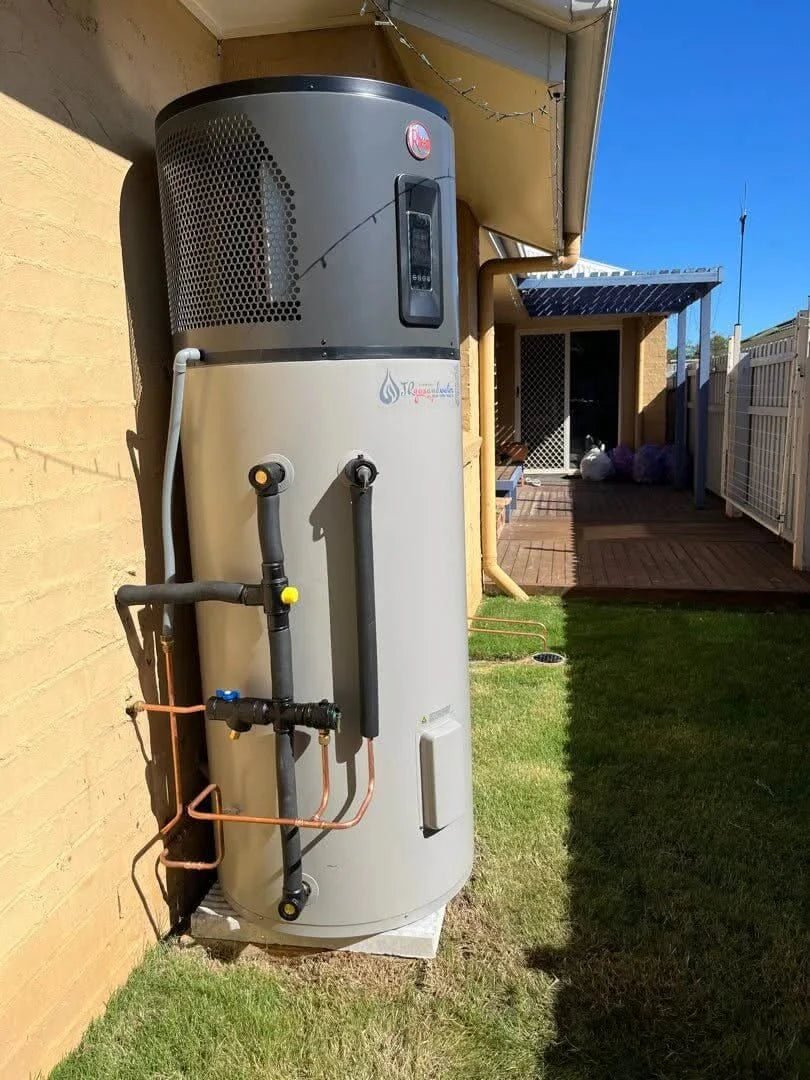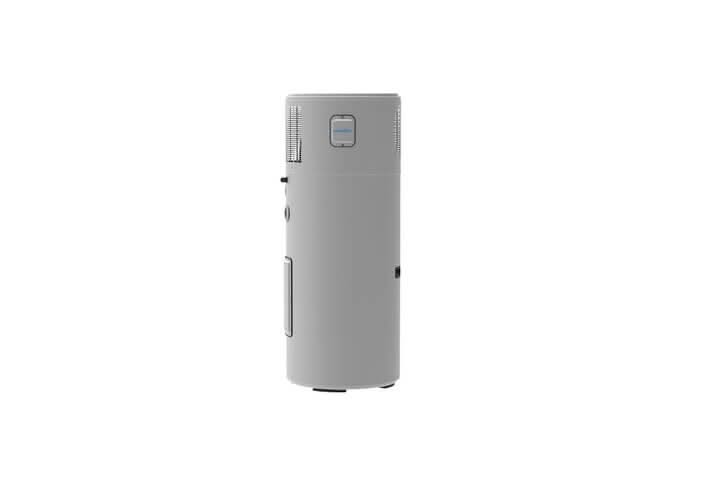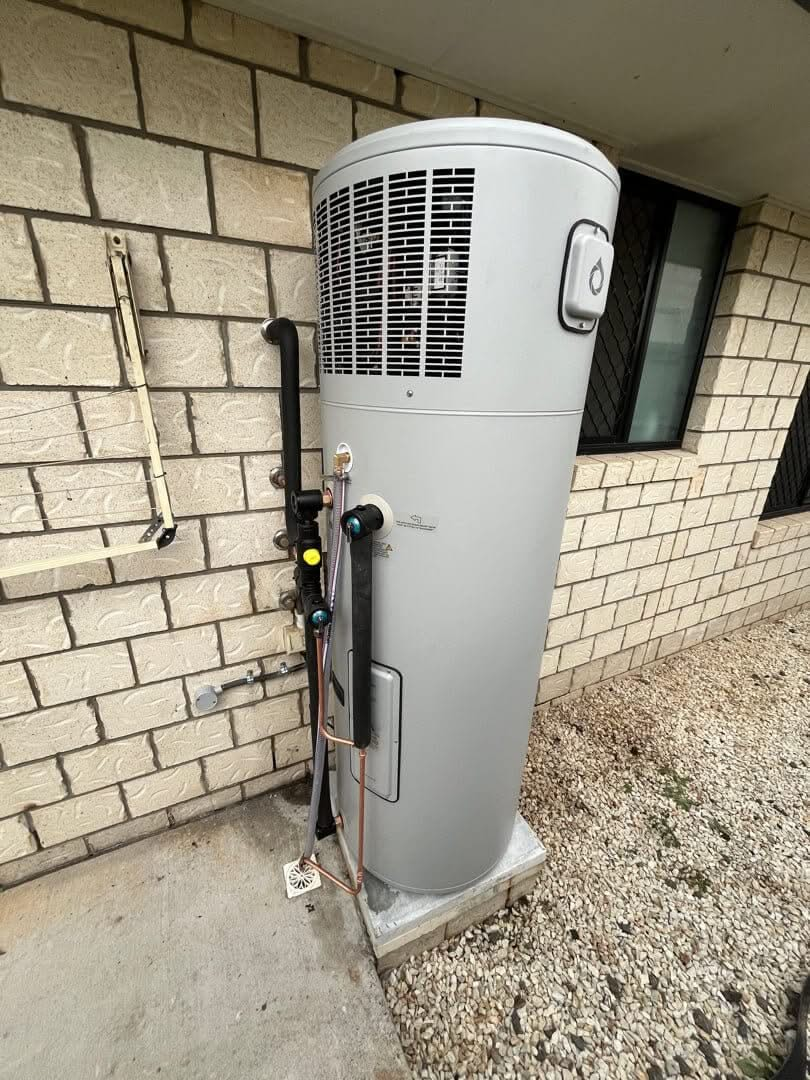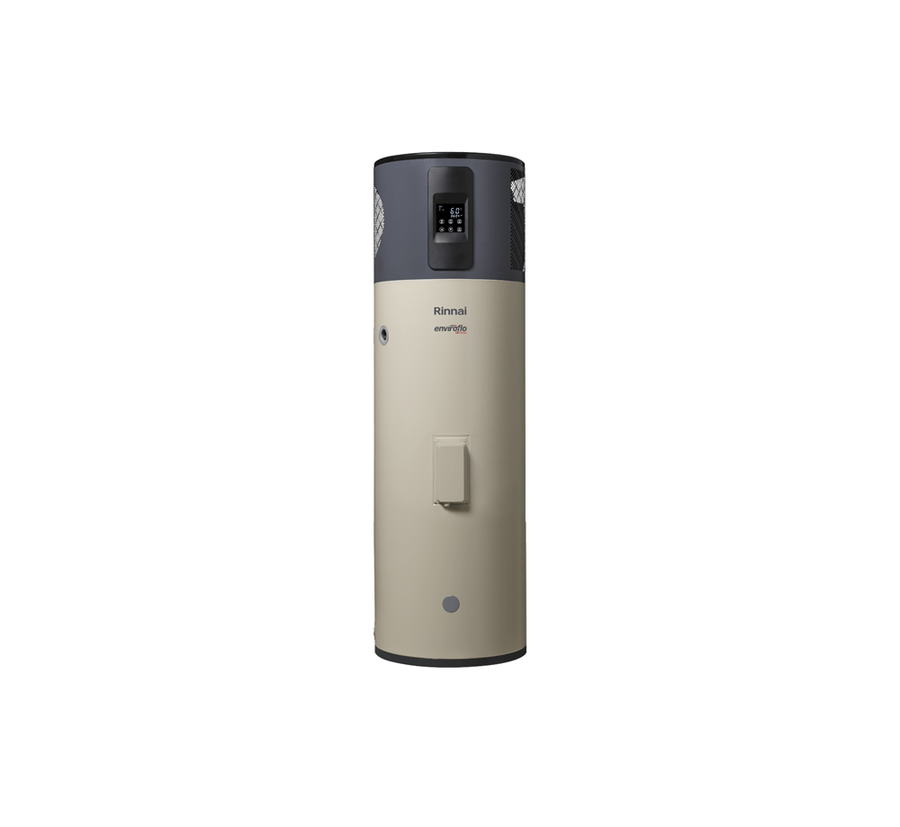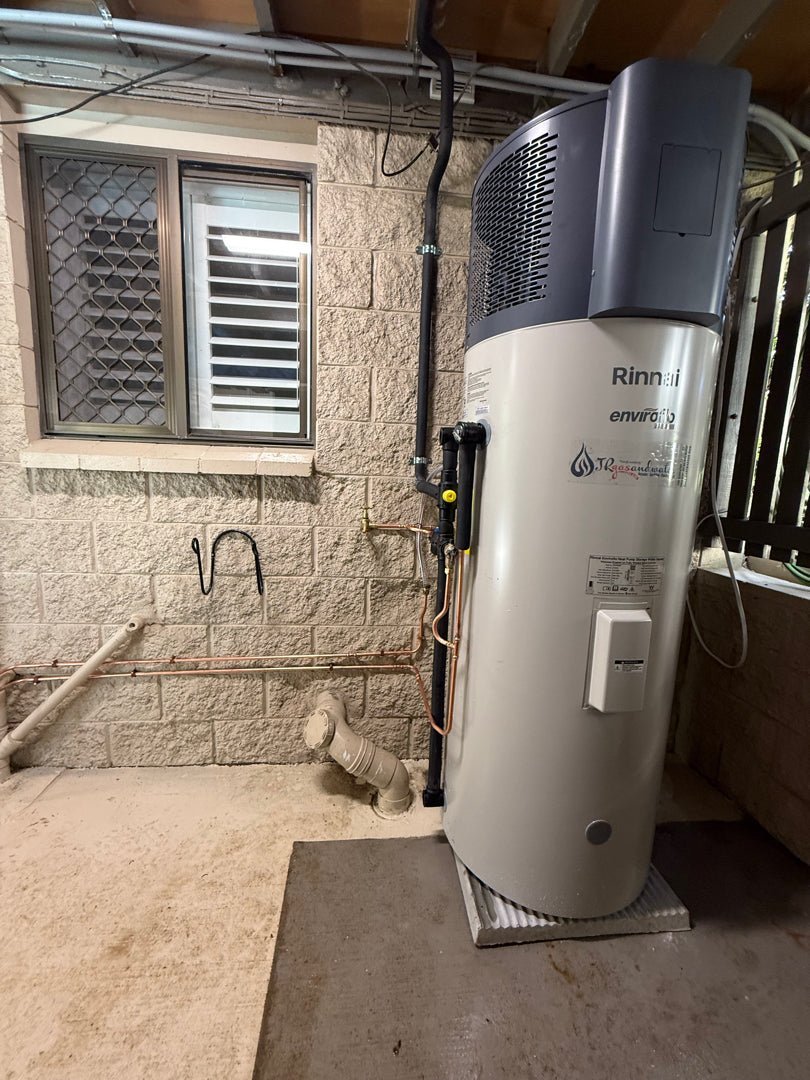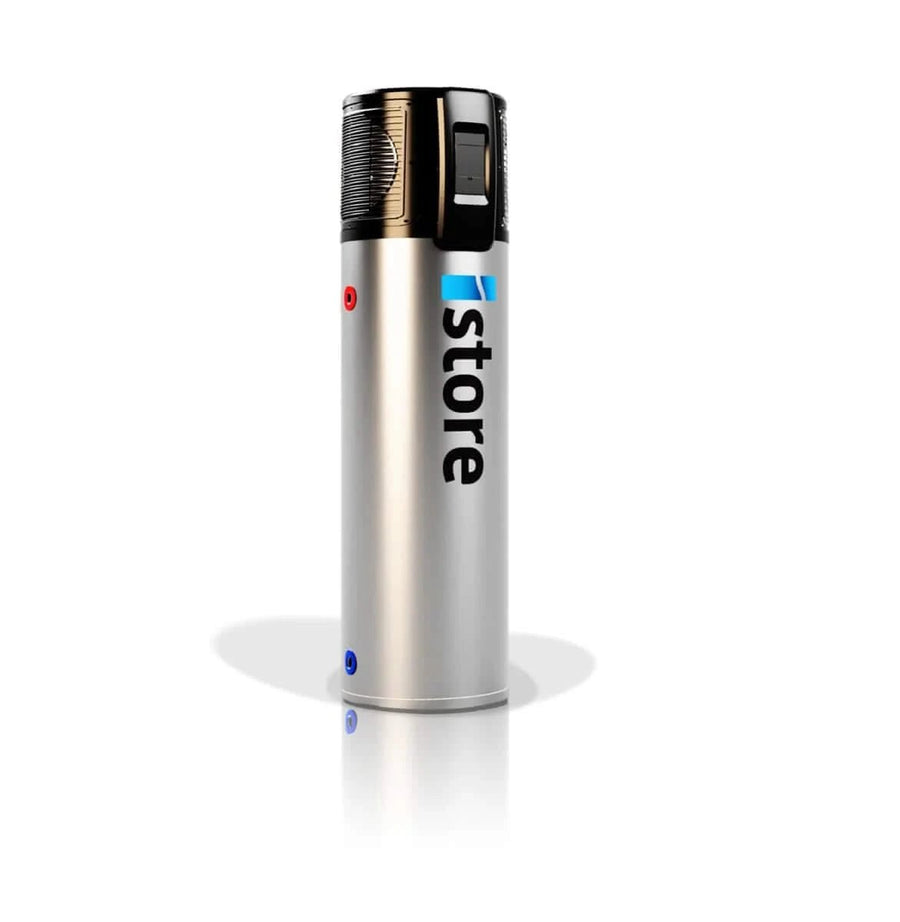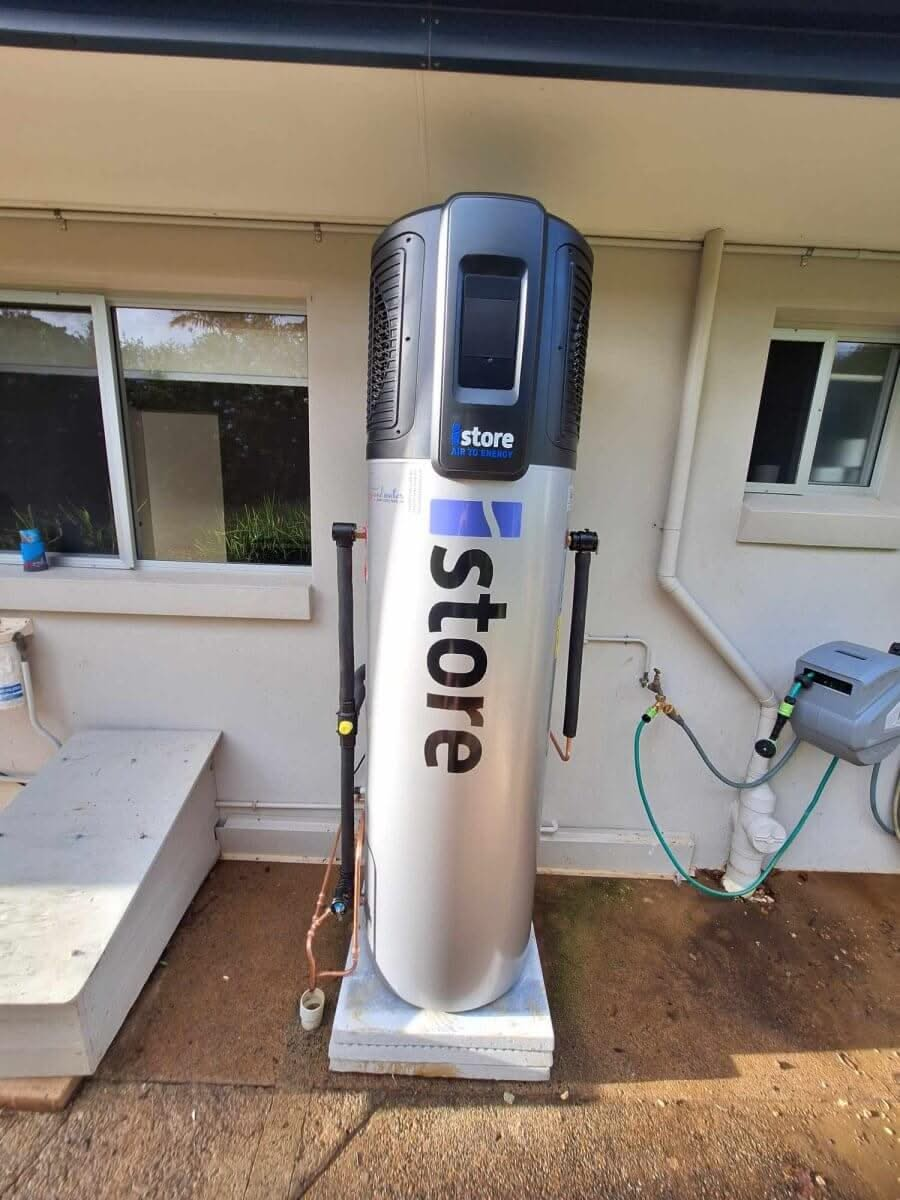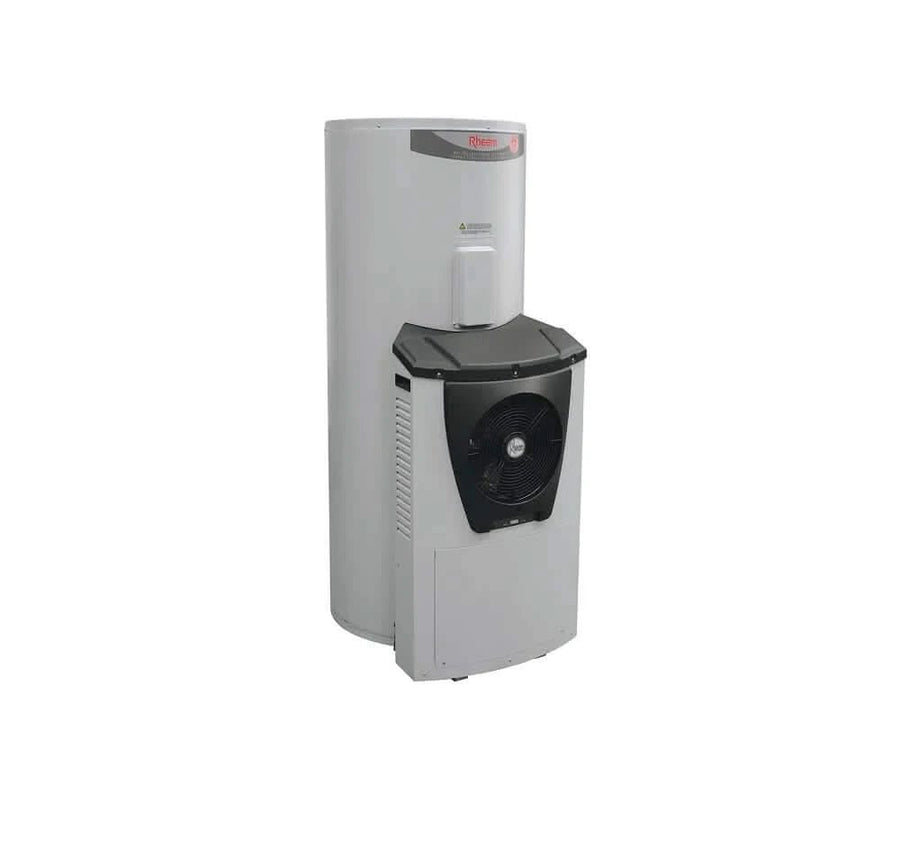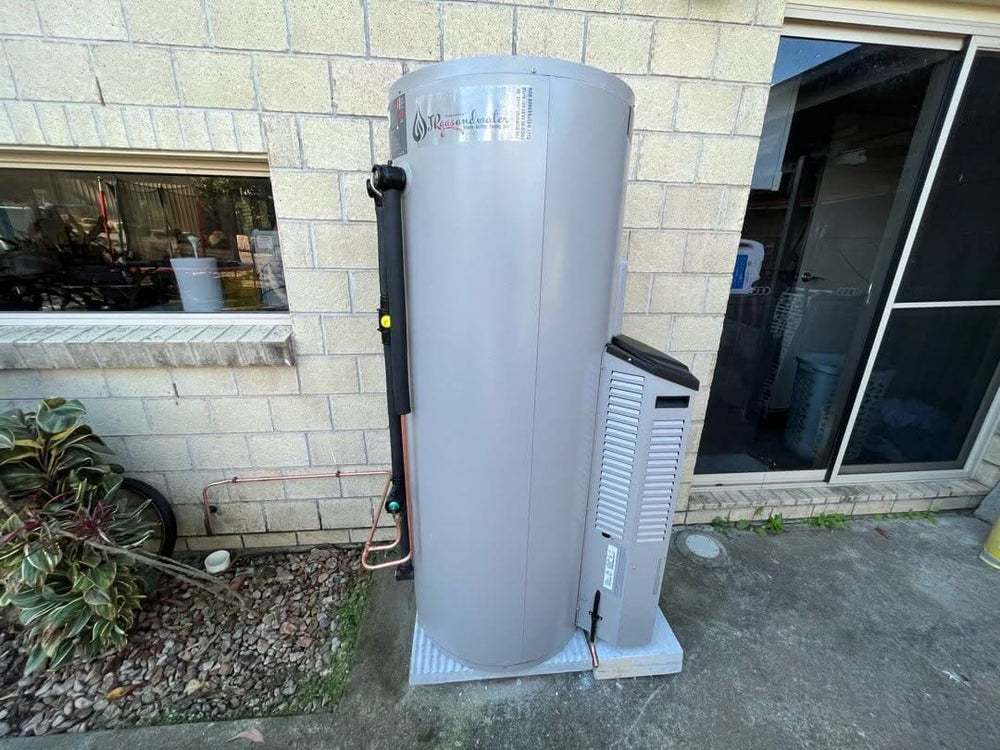Best Heat Pump Hot Water Solutions for Your Home: Top Picks for Energy Efficiency
Looking for the best heat pump hot water system to slash energy bills while keeping up with your household’s hot water demands? Upgrading from an electric hot water system to a heat pump can significantly reduce energy consumption and take advantage of government rebates. Similarly, replacing a gas hot water system with a heat pump offers improved energy efficiency and potential subsidies for residents. Whether you want a cost-effective upgrade or a sustainable solution, choosing the right heat pump can make all the difference. This guide breaks down the top heat pumps on the market, including Rheem, Stiebel Eltron, Envirosun, and iStore, to help you make the best investment.
Understanding Heat Pumps
What is a Heat Pump?
A heat pump is a highly efficient device that uses refrigeration technology to transfer heat from one location to another. In the context of hot water systems, a heat pump extracts heat from the surrounding air and transfers it to water, providing a cost-effective and energy-efficient way to heat water. This innovative approach makes heat pumps an excellent choice for households looking to reduce their energy bills and environmental footprint.
How Heat Pumps Work
Heat pumps operate through a four-stage process involving evaporation, compression, condensation, and expansion. Here’s a simplified breakdown:
-
Evaporation: The refrigerant in the heat pump absorbs heat from the air, causing it to evaporate and turn into a gas.
-
Compression: The gaseous refrigerant is then compressed, which significantly raises its temperature.
-
Condensation: The hot gas is pumped through a condenser, where it releases its heat to the water, effectively heating it.
-
Expansion: Finally, the refrigerant expands and cools down, ready to absorb more heat and repeat the cycle.
This continuous cycle allows heat pumps to efficiently heat water using minimal electricity, making them a smart choice for energy-conscious homeowners.
Components of a Heat Pump System
A heat pump system comprises several key components, each playing a crucial role in the heat transfer process:
-
Evaporator: Absorbs heat from the air.
-
Compressor: Compresses the refrigerant, raising its temperature.
-
Condenser: Transfers heat from the refrigerant to the water.
-
Expansion Valve: Allows the refrigerant to expand and cool.
-
Refrigerant: The substance that absorbs and transfers heat throughout the system.
Understanding these components helps in appreciating how heat pumps achieve their remarkable energy efficiency.
Why Choose a Heat Pump Hot Water System?
Hot water heat pump systems are one of the most energy-efficient ways to heat water, using up to 75% less electricity than traditional electric storage systems. Instead of generating heat, they extract warmth from the surrounding air, making them perfect for Australian climates.
Key Benefits of Heat Pump Hot Water Systems:
✔ Up to 75% Lower Energy Bills – Hot water heat pumps cut running costs compared to standard electric hot water systems. ✔ Eco-Friendly – Uses renewable heat from the air, reducing carbon emissions. ✔ Government Rebates – Eligible for Small Scale Technology Certificates (STCs) to lower upfront costs. ✔ Long Lifespan – Durable designs, often lasting 10-15 years or more. ✔ Works with Solar – Can integrate with solar PV systems for extra savings.
Now, let’s look at the best heat pump hot water systems available in Australia.
Types of Heat Pump Systems
Integrated vs. Split Systems
When it comes to heat pump systems, you have two main options: integrated and split systems. Each type has its own set of advantages and considerations.
Integrated Systems:
-
Combination Unit: The heat pump and storage tank are combined into a single unit.
-
Compact Design: Often more compact and easier to install.
-
Simplicity: Generally simpler to set up, making them a convenient choice for many households.
-
Efficiency: May not be as efficient as split systems due to the combined design.
Split Systems:
-
Separate Units: The heat pump and storage tank are separate, allowing for more flexible installation options.
-
Higher Efficiency: Often more efficient, as the separation allows for optimized performance.
-
Installation Complexity: Can be more complex to install, requiring careful planning and potentially higher installation costs.
-
Versatility: Can be installed in a variety of locations, making them suitable for different home layouts.
When choosing between an integrated and split system, consider factors such as space constraints, installation complexity, and your specific energy efficiency goals. Both types offer unique benefits, so the best choice will depend on your individual needs and circumstances.
1. Rheem Ambiheat 270L – Smart & Reliable
Best for Large Families & Cold Climates
Rheem’s Ambiheat 270L is a powerful all-rounder designed to deliver hot water efficiently, even in cold conditions. Its adaptive heating technology ensures performance remains high when temperatures drop, making it ideal for year-round use.
Key Features:
-
✅ 270L capacity – Ideal for 4-5+ people.
-
✅ Active defrost function – Perfect for colder regions.
-
✅ Energy efficient – Uses up to 75% less electricity than standard electric systems.
-
✅ Eligible for rebates – Claim STCs to reduce upfront costs.
-
✅ Quiet operation – Engineered for minimal noise.
💡 Perfect for: Larger households looking for a high-performance heat pump, even in cooler temperatures.
2. Stiebel Eltron WWK 302 – German Engineering at Its Best
Best for Maximum Energy Efficiency
The Stiebel Eltron WWK 302 is one of the most energy-efficient heat pumps in Australia, using cutting-edge German technology. With its whisper-quiet operation and excellent insulation, it’s perfect for homes where efficiency and noise control are priorities.
Key Features:
-
✅ 302L capacity – Suits 3-6 people.
-
✅ COP of up to 4.2 – For every 1kW of electricity, it produces 4.2kW of heat.
-
✅ Works in cold temperatures – Efficient operation down to -5°C.
-
✅ Built-in freeze protection – Extends system life.
-
✅ No anode replacement required – Lower maintenance costs.
💡 Perfect for: Homeowners wanting ultra-high efficiency and long-term savings.
3. Envirosun 200L & 300L – The Sustainable Choice
Best for Off-Grid & Solar Integration
If you’re looking for an eco-friendly and cost-saving hot water system, Envirosun heat pumps are a top contender. Solar hot water systems, particularly in sunny regions like Queensland and the Northern Territory, offer significant efficiency and cost savings. Designed to work seamlessly with solar PV, these systems are self-sustaining and can run entirely off renewable energy.
Key Features:
-
✅ 200L & 300L sizes – Ideal for small to large families.
-
✅ Low operating costs – Works well with off-peak power.
-
✅ Smart controller – Adjusts heat pump cycles based on usage.
-
✅ Quiet operation – Low-noise fan and compressor.
-
✅ Long lifespan – Corrosion-resistant materials ensure durability.
💡 Perfect for: Eco-conscious households and those wanting to integrate with solar power.
4. iStore 270L – Premium Performance for Less
Best for Maximizing Government Rebates
The iStore 270L is a highly efficient heat pump system that qualifies for the highest STC rebates, significantly reducing upfront costs. It also features cutting-edge smart controls that optimize hot water production based on daily usage.
Key Features:
-
✅ 270L capacity – Serves 4-6 people.
-
✅ Up to $1,500 in government rebates – One of the best rebate-eligible heat pumps.
-
✅ Rapid heat recovery – Never run out of hot water.
-
✅ Whisper-quiet operation – Minimizes disruption in quiet areas.
-
✅ Works with solar – Designed to pair with solar PV for even greater savings.
💡 Perfect for: Homeowners who want to maximize rebates while still getting a high-end, energy-efficient system.
Choosing the Best Heat Pump for Your Home
When selecting the right heat pump, consider the following:
✔ Household Size – Larger families need 270L+ capacity, while smaller homes can opt for 200L-250L.
✔ Climate – If you live in a cold region, choose a system with active defrost technology (like Rheem & Stiebel).
✔ Energy Efficiency – The higher the COP rating, the better the energy savings (Stiebel & Envirosun lead here).
✔ Budget & Rebates – Systems like iStore offer high STC rebates, reducing initial costs.
✔ Solar Compatibility – Want to run off solar? Go for Envirosun or iStore for easy integration.
Final Verdict: The Best Heat Pump for Your Needs
-
🔥 Best Overall Performance – Rheem Ambiheat 270L
-
💰 Most Energy Efficient – Stiebel Eltron WWK 302
-
🌱 Best for Solar & Off-Grid – Envirosun 200L & 300L
-
⚡ Most Cost-Effective (with Rebates) – iStore 270L
Whichever system you choose, heat pumps are the future of energy-efficient hot water heating. With lower running costs, eco-friendly operation, and government rebates, upgrading to a heat pump is a smart move for any Australian home.
💡 Ready to switch to an efficient, cost-saving hot water system? Explore our range of Rheem, Stiebel, Envirosun, and iStore heat pumps today!




